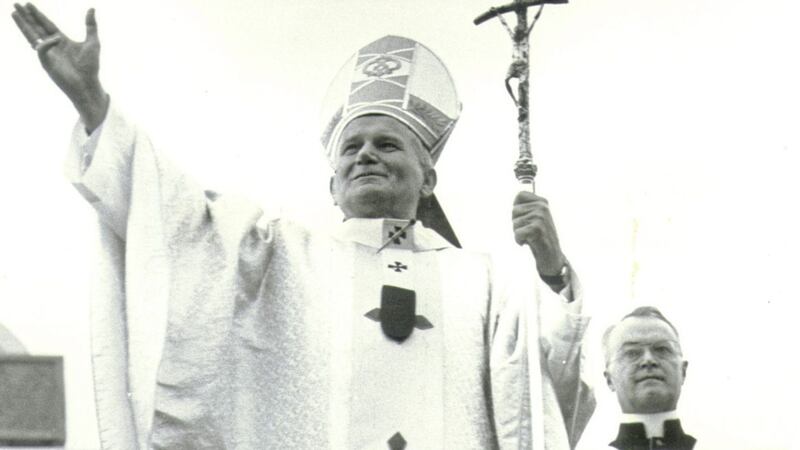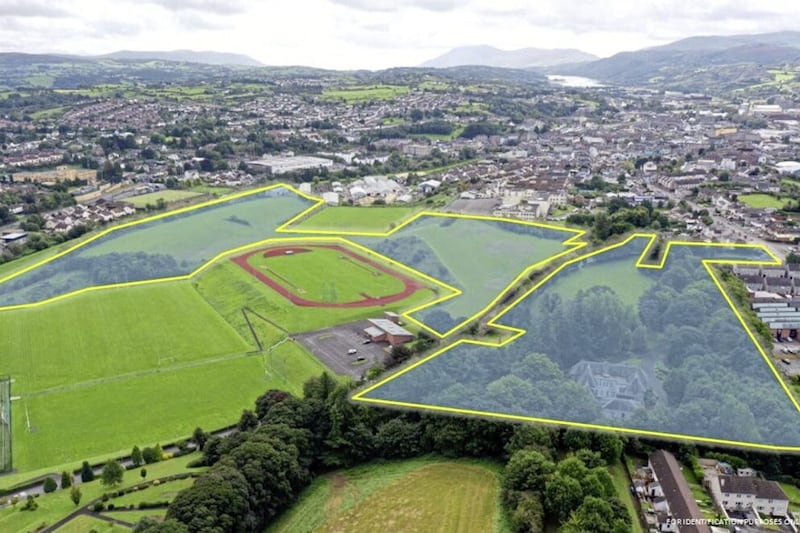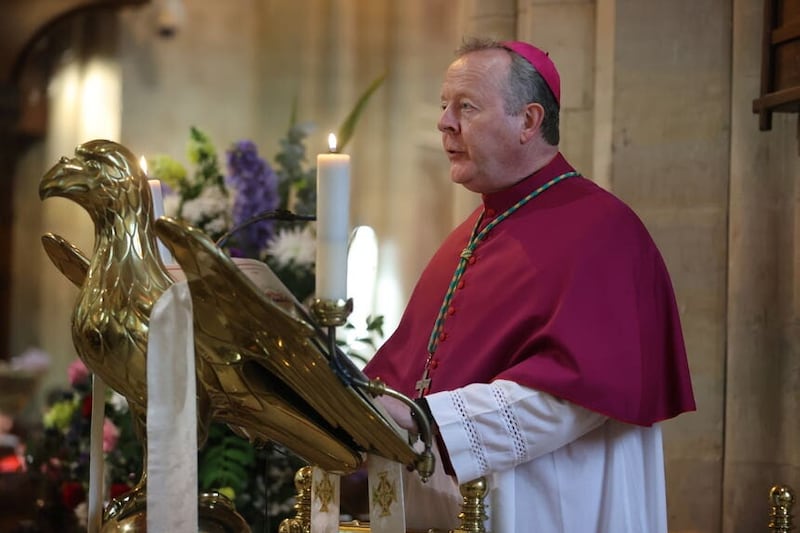MUCH has been spoken about the role of the Church 'in the public square', referencing mainly the discussion of religion, morality, politics and law.
To speak about the engagement of Church in the 'public sphere' is to acknowledge the broader spaces where ideas are developed, shared and tested.
The media and entertainment world, for example, has an obvious claim to the attention of people of faith, and social media has a major contribution to make.
Important discussion also takes place in the boardrooms of business and industry. The arts, music and sport clearly influence the public agenda.
From all of these emerge messages which shape our understanding of the truth and how we live our lives.
This means that if the voice of the Church is to effectively enter the public sphere, then people of faith, both as faithful witnesses to the Gospel and as faithful citizens, must inhabit and contribute to all of these worlds and discussions, and indeed, to anywhere people meet to share opinions and ideas - the pub, the hairdressers, the dinner party and the staff coffee room.
But what message do we bring with us, as people of faith, into the public sphere? The Council fathers pointed out the duty of the Church to scrutinise the signs of the times and interpret them in the light of the Gospel.
Ultimately everything we say is founded on the Gospel of Jesus Christ, our Risen Lord, who calls people to experience a personal encounter with the joy of God's love.
We are not there to impose, but to invite; we are not there to simply oppose, but to offer the gift and message of salvation.
I was only eighteen when Pope John Paul II visited Ireland. In Galway he spoke to young people of Ireland about the temptation as you get older to leave religion and your faith behind, to think that religion cramps your style and hampers your future, that with all the amazing social and scientific progress the world has to offer, you don't need God; you can organise your own life.
But then he called out to the thousands of young people present: "Something else is needed - something that you will find only in Christ."
Inspired in this way towards, and from, a personal encounter and relationship with Christ, we enter the public square with the conviction that 'something else is needed' and not simply to win arguments through the clever use of reasoning and debate.
When we speak, we draw upon both reason and faith and upon an integral vision of the dignity and vocation of the human person linked to the common good.
We seek to present in public discourse 'a consistent ethic of life' based on natural law, which includes, for example, our teaching about the sacredness of all human life and the dignity of the person, about the centrality of the family, about solidarity and the need for a fair distribution of goods in the world.
Our vision is of a society marked by a culture of peace, justice and care for all, especially the most vulnerable.
In Ireland - and indeed more widely - the bishops are often accused of moralising and of being overly interested only in areas of sexual morality.
A glance, however, at the breadth of recent interventions makes it clear that the bishops seek to bring the Joy of the Gospel to bear on a whole range of issues.
Church leaders consistently urge voters to engage in the democratic process. Most recently, before the last Northern Ireland Assembly elections, the northern Catholic bishops quoted Pope Francis's words: "None of us can say, 'I have nothing to do with this, they govern...' No, I am responsible for their governance, and I have to do the best so that they govern well, and I have to do my best by participating in politics according to my ability... I cannot wash my hands."
Although the bishops in their teaching role will often reiterate the duty to the Common Good that is at the heart of Catholic Social Teaching, they are at pains to emphasise that they do not wish to interfere in the legitimate autonomy of politics, or to support one political party or candidate over another.
This is a matter of conscience for each voter. All people of goodwill are encouraged to consider the policies of candidates, asking: "How effectively does a particular candidate's policies strengthen and support the full human dignity of all members of our society?"
The context in which the Church enters the public sphere has shifted dramatically in recent decades. The role of religion and faith in Irish society, north and south, has been hugely impacted by secularisation and is evidenced by a steady decline in Church attendance and in vocations to the priesthood and religious life.
What began as a gradual drift of people away from Mass and the sacraments became a stronger current which has carried many away from religion and from God altogether.
Like other parts of Europe and the Western world, more people in Ireland are living their lives without reference to God or to religious belief.
Of course, the Catholic Church in Ireland has seen great damage to its credibility on account of the child abuse scandals and other shameful episodes of the past.
Many people feel they can no longer trust our message because they have been hurt and betrayed by their experience of Church.
When we attempt as Church to speak in the public sphere about the right to life of the unborn, some are quick to point to the scandals and to shameful stories of the past.
Decades of service by countless religious sisters and priests to the education and healthcare of the people of Ireland and all over the world is almost obliterated by a revised and narrow narrative that religious ethos cannot be good for democracy and stands against the progress and flourishing of society and the rights of citizens.
In fact, every Catholic position on concrete morals is argued from reason even when there exists a biblical warrant for that position.
It is simply not true that the Catholic Church has a desire to create a theocracy in Ireland, north or south.
However, the Church does expect that in a true pluralist democracy or republic, religion and faith will continue to have an important part to play in the national conversation.
I am completely convinced that the voice of faith can and should remain engaged in the public square.
Our faith is not simply for the privacy of our homes and churches. The Gospel is meant for mission. It is not to be cloistered away from the cut and thrust of public discourse.
It would hugely impoverish our faith if we were to compartmentalise it or exclude it completely from our conversations and actions in the public sphere.
But I believe that it would also impoverish society if the fundamental convictions of faith were not permitted to influence public conversation, debate and policy formation; it would diminish the understanding of the human person and dilute the concept of the common good.
That is why I am convinced of the importance for all of us of engaging and speaking out of our faith conviction with all those we meet out in the public sphere, and of doing so with compassion and with hope.
- Dr Eamon Martin is the Catholic Archbishop of Armagh. This is abridged from a lecture entitled The Church in the Public Square - A Perspective from Ireland which he delivered in Norwich this week as the annual University of East Anglia Newman Lecture.








